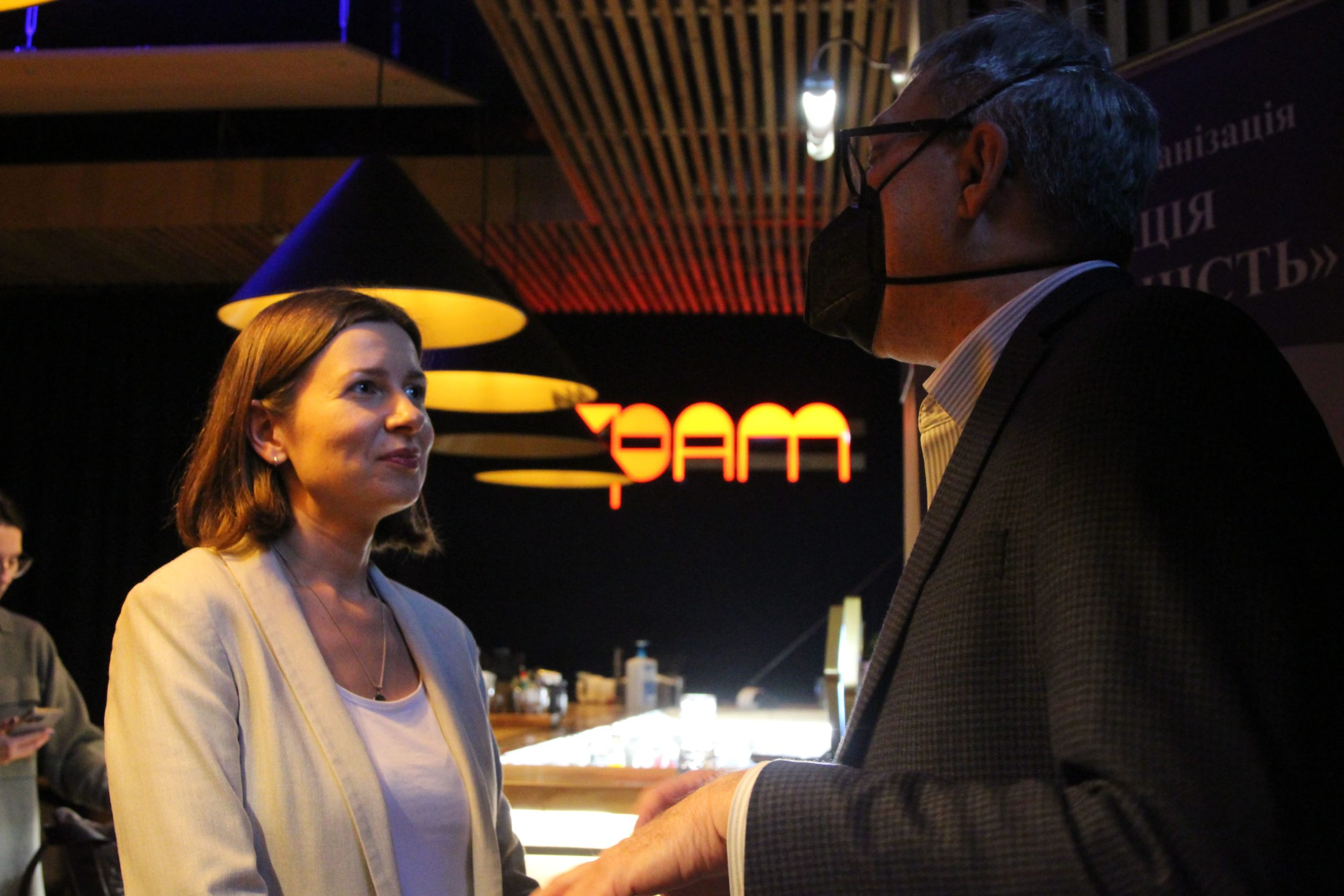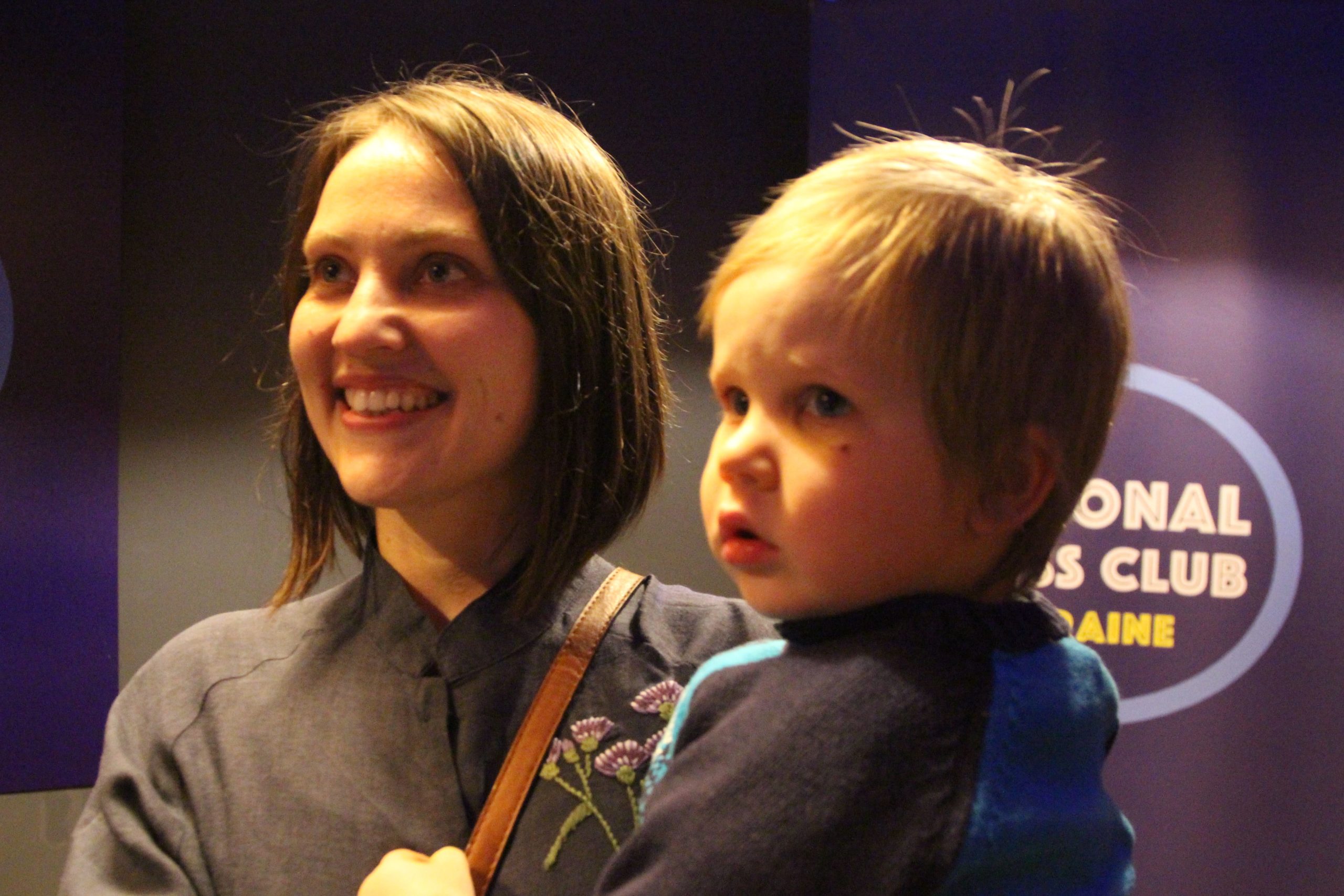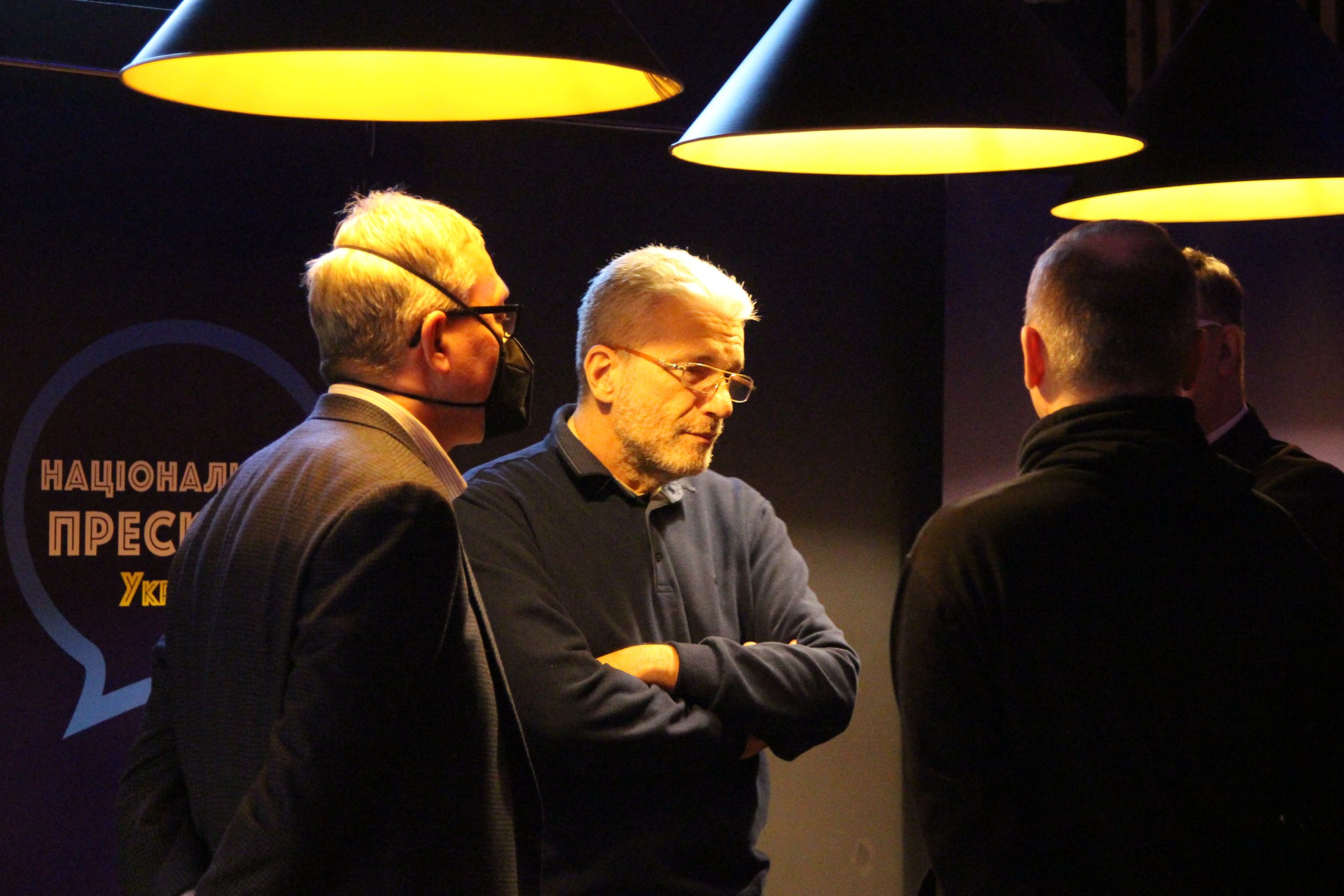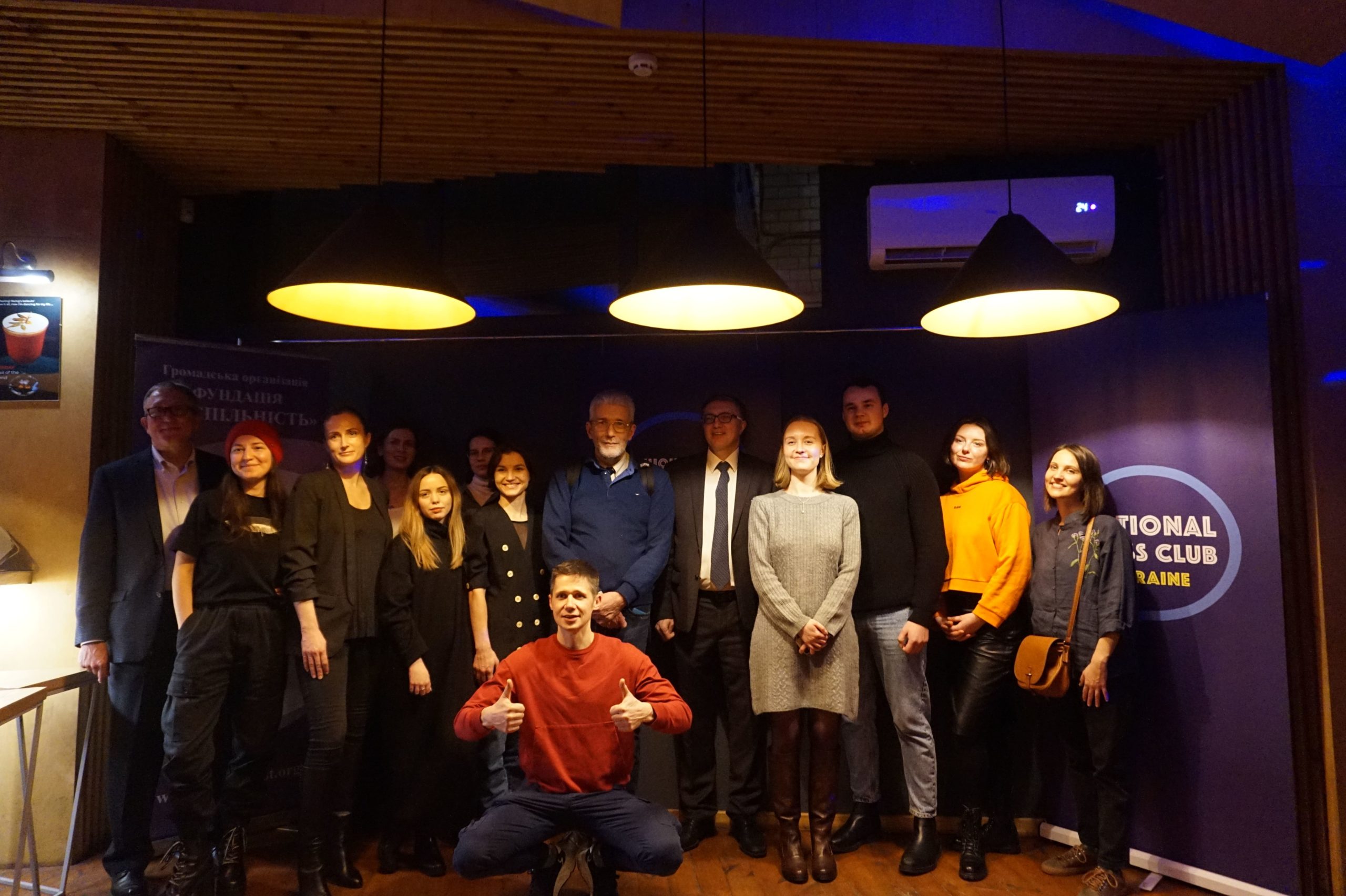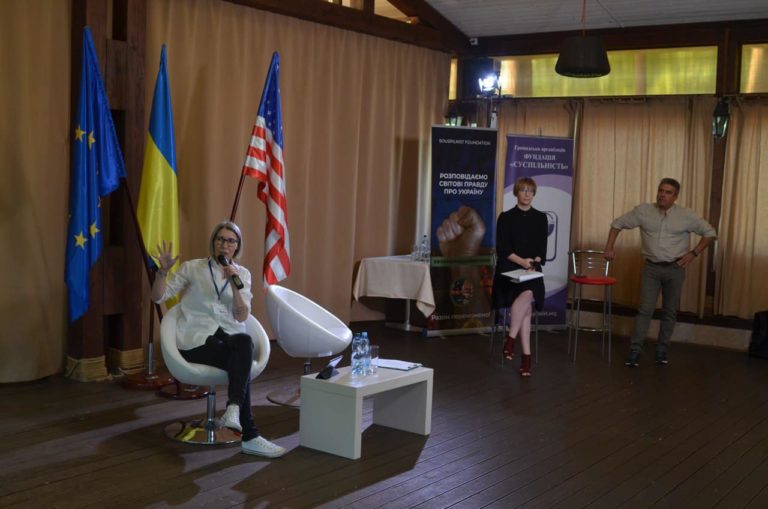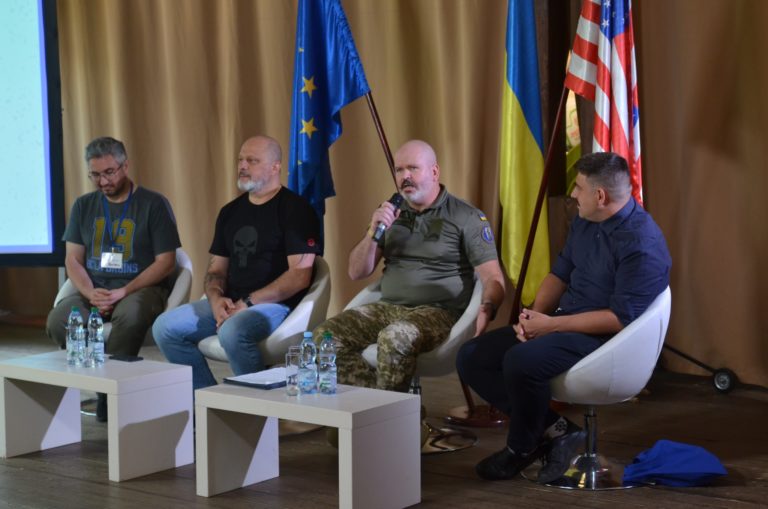On December 13-17, Souspilnist Foundation, in partnership with UA:PBC, held the Week of Mutual Support and Mental Health, during which prominent media figures spoke live on radio and television about the importance of mental health, sharing practical advice and experiences, and inspiring thousands of people to raise important issues.
Iryna Slavinska, the executive producer at Radio Culture, opened the week in the “Morning at UA:PBC”. The media expert spoke about how to build up your information case, namely
- how to consume news safely;
- whether to stop watching the news altogether;
- how to maintain your mental health.
Investigative journalist and Pulitzer Prize finalist Tetiana Kozyreva spoke on Ukrainian Radio about the importance of stories for mental health: why it is important to tell them and share them with others.
The media expert noted that there is now a crisis of lack of speaking out in society, and the media’s role is to become mediators and voice the problems.
Investigative journalism dealing with important issues, told in plain, human language and about people, has an impact and can change the system. And the more voices speaking out against acute social inequality, the more the system will likely change, said the journalist.
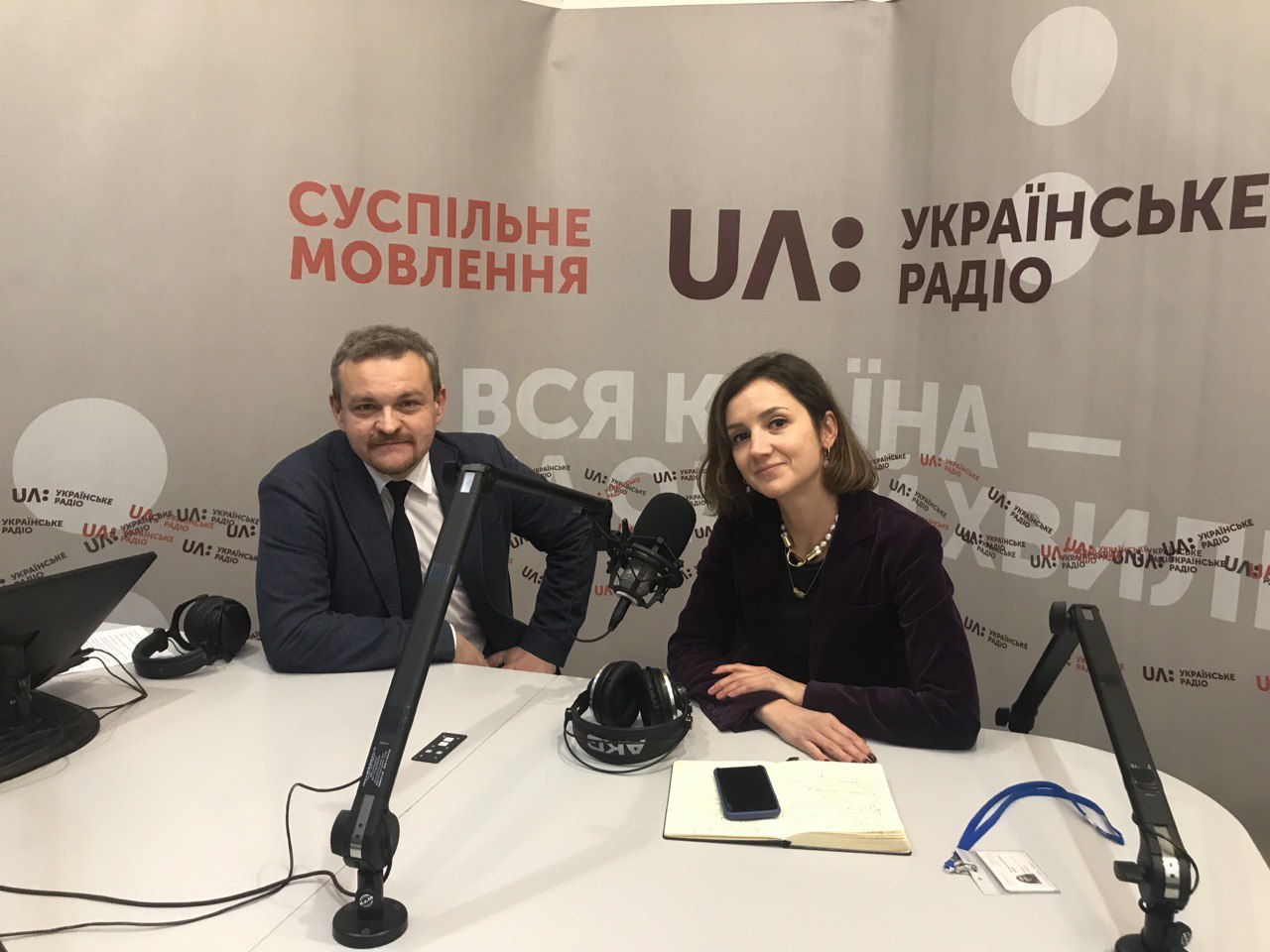
In the context of mental health care, the topic of burnout is especially relevant.
Darka Ozerna, a writer and health advocate spoke on Hromadske Radio on how to detect burnout and the employers’ role in preventing it. Excessive workload, the imbalance between pay and workload, the lack of positive feedback, genetic predisposition, secondary traumatic experiences typical of the journalistic profession, and even depression can cause burnout.
Darka Ozerna outlined the stages leading to professional burnout:
- at first, you are passionate about your work, you take on many tasks;
- you start to feel tired;
- you experience exhaustion;
- you end up cynical about your work and you feel burnt out.
Employers can use the following safeguards against burnout: talking about good things and thanking their employees for a job well done; objectively gauging employees’ workload; and conducting anonymous surveys to hear their employees’ suggestions and concerns.
People should feel every day that they are needed, Darka Ozerna emphasized.
However, it is important to understand that it is becoming more difficult for journalists to work in times of crisis. They need to process increasingly complex and often ambiguous information; and weigh every word they utter to avoid spreading manipulation and give support to their audience.
That is why media expert Iryna Zemliana spoke on Radio Promin about caring about mental health during emergencies since it is important that media workers feel comfortable psychologically and do not end up spreading fears through their publications.
Marharyta Tulup, journalist, author of the podcast “People everywhere”, and Anastasiia Nizhnik, psychologist and author of mental health programs, discussed on UA:KYIV how to write and speak about such a sensitive topic as mental health “avoiding sharp corners” that can create a stigma.
If we come to think of our health as an apple, then the mental component is its core because it directly affects the physical condition and social life. However, when it comes to mental health, many people immediately associate the topic with mental disorders. Yet the concept of health is positive. Mental health is about feeling good, when a person can overcome stress, follow their own life compass, bypassing difficult points, said Anastasiia Nizhnik.

Marharyta Tulup spoke from her own experience noting that today, the stigma around the topic of mental health is being broken in society. People are no longer afraid to talk about problems and seek help.
Media outlets have a direct influence on the trend of stigmatizing mental problems and care about their audiences’ feelings when they:
- fill the topic with the correct meanings, in particular using correct terms;
- they instill hope in people in their publications showing that recovery is possible;
- provide information about crisis situations in a constructive way.
To achieve a positive result, it is important that the teams care about each other’s psychological well-being.
An effective method is to organize peer support groups.
The founder of the TJ Platform media project, Liliia Bodnar, and journalist Alina Suhoniako had earlier taken part in peer-to-peer groups as part of Souspilnist Foundation’s 12 Months of Resilience project.
Media experts spoke on Ukrayinske Radio about what makes peer-to-peer groups strong.
The main rule of such groups is not to belittle the feelings of others, allowing them to speak out and seek solutions together, the journalists said.
The final broadcast was the “Human Rights Above All” program on Radio Culture with Anhelina Kariakina, general producer of UA:PBC news broadcasting, about how to read the news and not take too much to heart.
The information picture of the day consists not only of positive items, and many topics are indeed striking and evoke complex emotions, even if a balanced tone is used.
Anhelina Kariakina noted that it is quite normal when emotions arise while discussing issues, but the media’s responsibility is to express respect for people, pay attention to incorrect statements and actions, and seek constructiveness.
The Week of Mutual Support and Mental Health ended symbolically by awarding the annual special prize for contributions to journalism and the creation a healthy information ecosystem.
This year, the media family marked the contribution to Ukrainian journalism of Andriy Kulykov, Chairman of the Board at Hromadske Radio.
I think that a week of speaking about the importance of mental health is just the beginning. When we talk about mental health every day without paying special attention to the topic, we can consider the task done, Andriy Kulykov concluded.
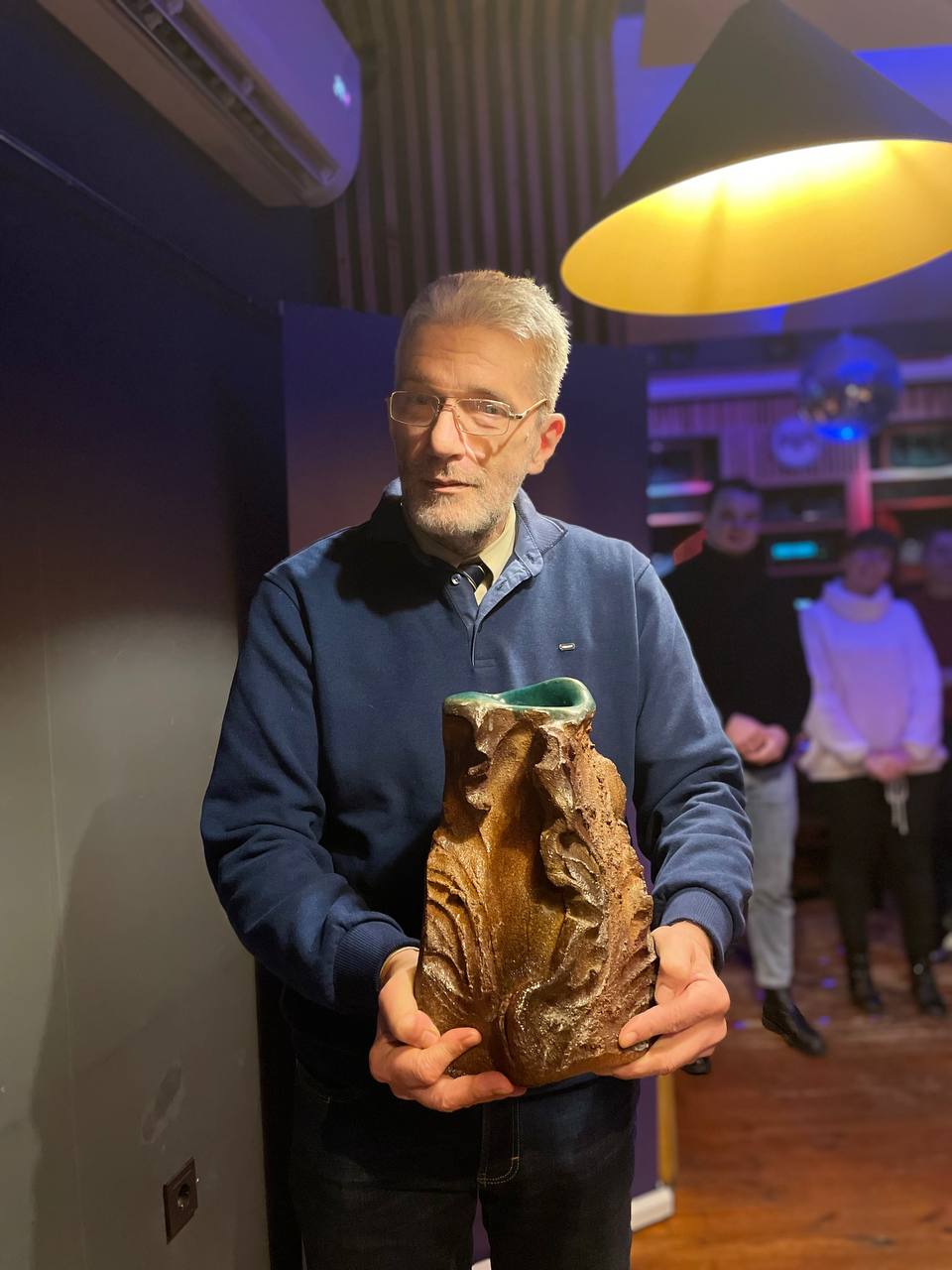
Together with partners, Souspilnist Foundation will continue working to promote the topic of mental health.
